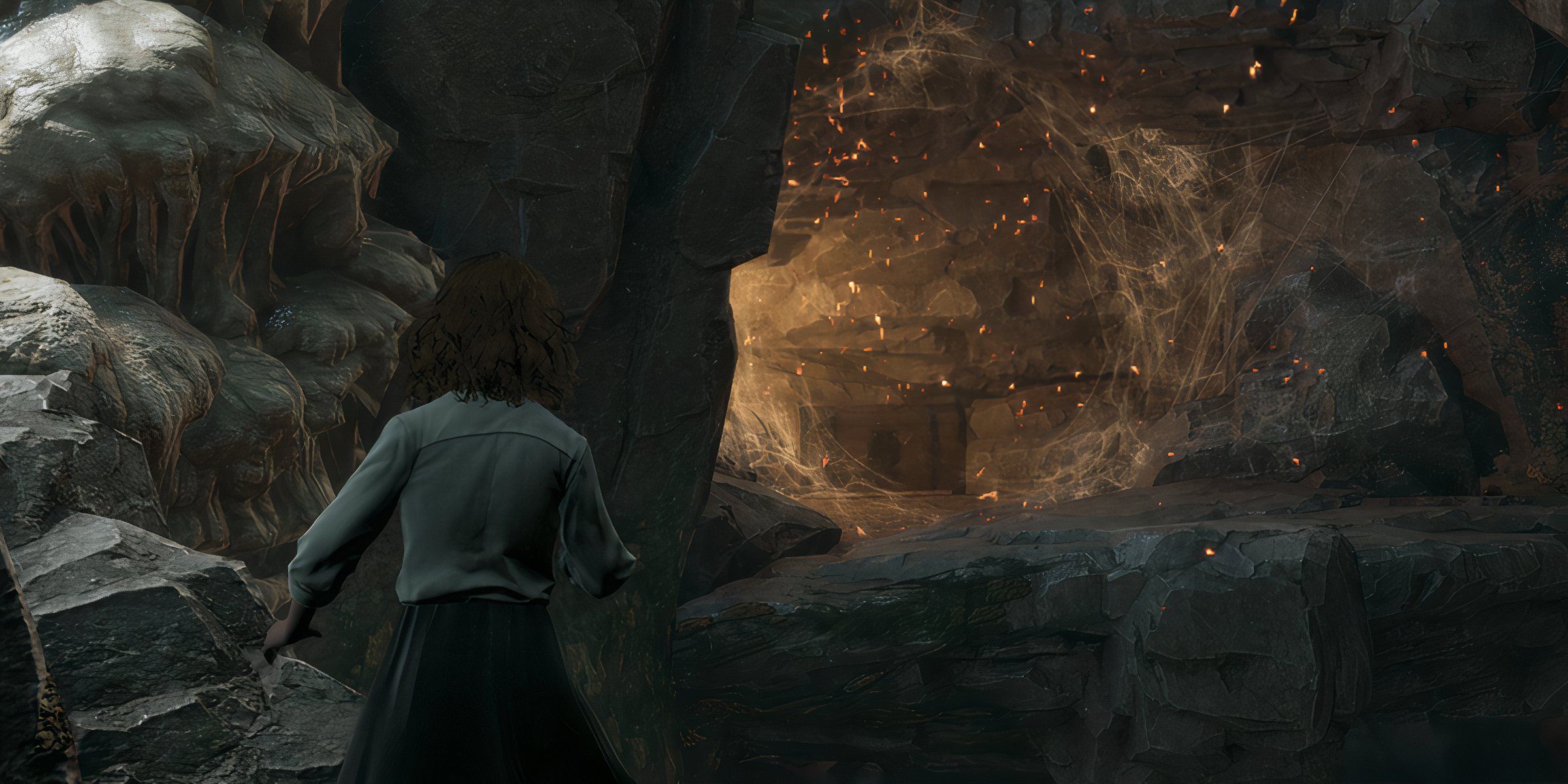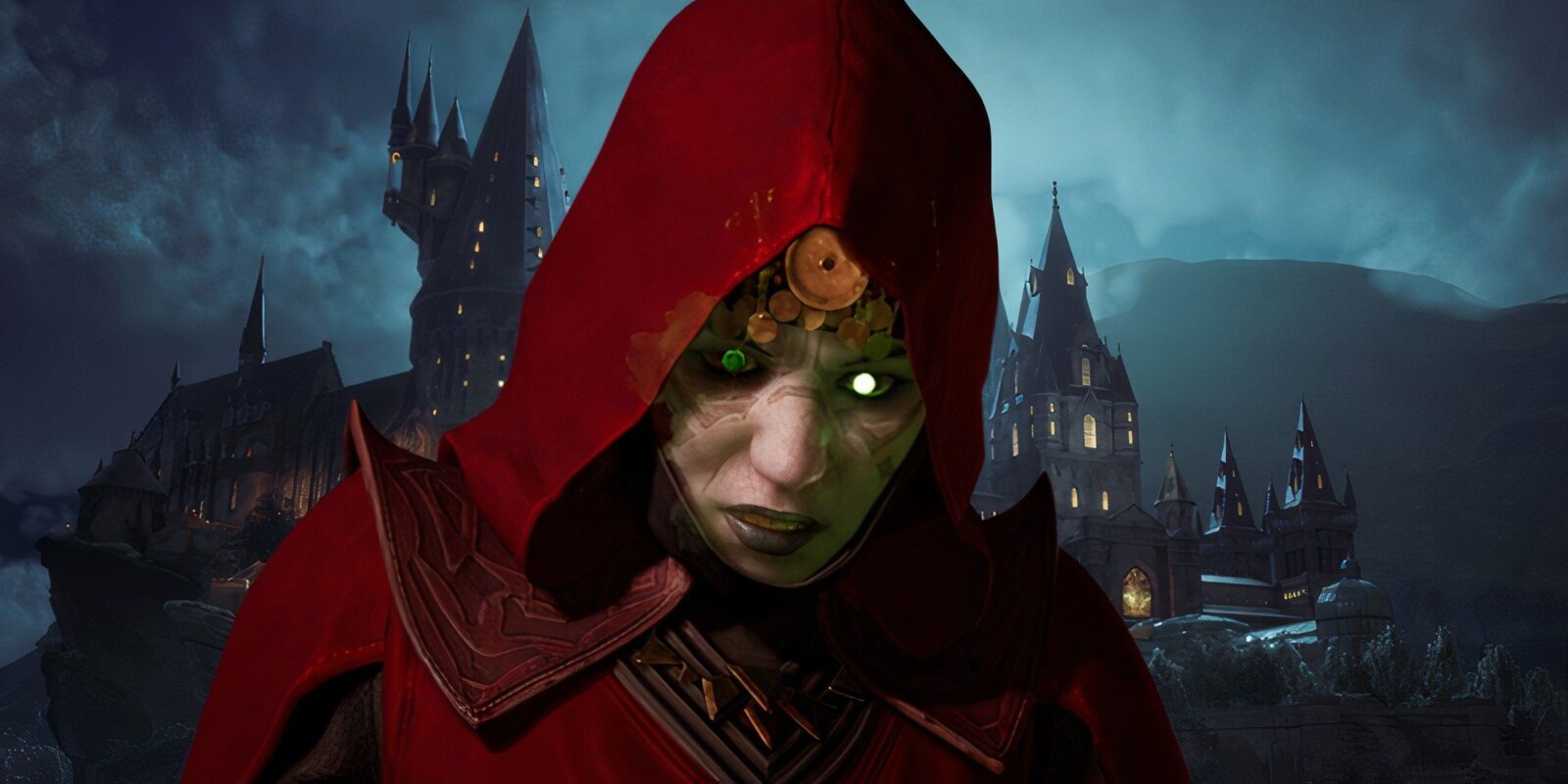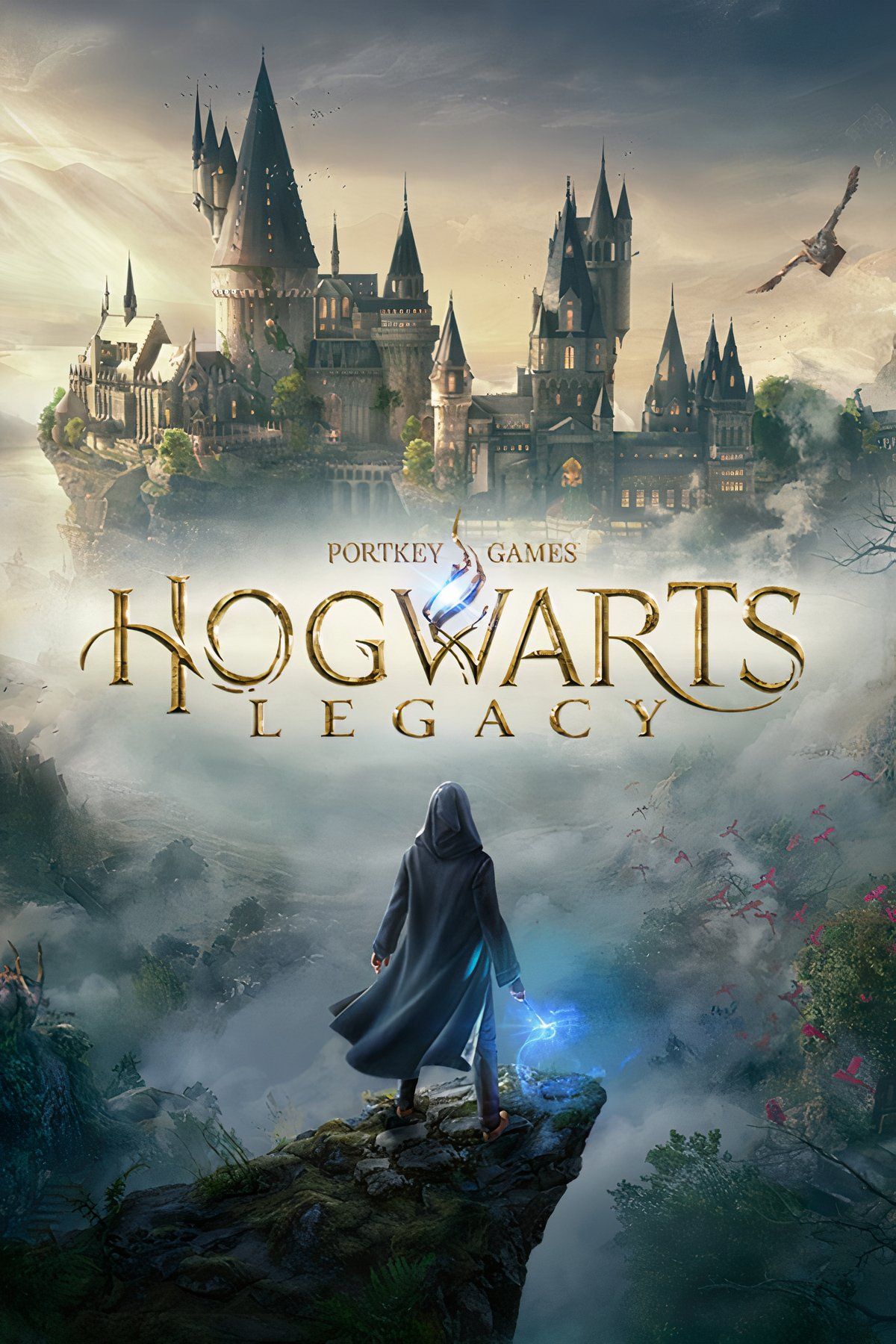Besides the resounding successes that both were for their IPs, it’s plain to see how influential and profound Hogwarts Legacy and Star Wars Jedi: Fallen Order have been for the wizarding world and Star Wars, respectively. As an open-world action-RPG and an action-adventure game with Metroidvania and Soulslike elements, Hogwarts Legacy and Star Wars Jedi: Fallen Order delivered on design formulas that were sorely anticipated and have rewritten the book on what a Harry Potter or Star Wars game could look like.
For Hogwarts Legacy, an action-RPG simulating a Hogwarts student’s schooling is nearly everything fans of Harry Potter have wanted from a wizarding world game. For the Jedi series, Respawn was able to capitalize on focused Soulslike features to imbue its titular protagonist with. The two parallel each other in many ways, such as Hogwarts Legacy’s Keeper trials echoing Fallen Order’s Zeffo tombs, but while Jedi has already received a sequel, Survivor, and had its upcoming third installment dubbed its last, Hogwarts Legacy’s future would appear far brighter and capable of bearing more fruit.

Related
Hogwarts Legacy’s Open-World QoL Gives the Sequel a High Bar to Live Up to
Broomstick flight may be preferable in nearly every instance in Hogwarts Legacy, but traveling on foot is equally fluid and makes for great movement.
Hogwarts Legacy’s Open-World Action-RPG Genre is a No-Brainer
Overlooking Harry Potter’s licensed tie-in titles from the Goblet of Fire onward, Hogwarts Legacy is arguably the best wizarding world game since Sorcerer’s/Philosopher’s Stone, Chamber of Secrets, and Prisoner of Azkaban. But while the original trilogy of adventure games is incredibly charming and endearing in its own right, the wizarding world has been fiercely itching for a proper open-world action-RPG with diverse customization options.
Hogwarts Legacy isn’t necessarily the perfect distillation of that genre or its characteristics, and yet it allows for a foundation that an inevitable sequel and other future wizarding world games can build upon. Hogwarts, Hogsmeade, and the Scottish Highlands give players a deep well of content to explore at their leisure, and Hogwarts Legacy’s story encapsulates a brand-new mystery nesting below the castle’s hallowed halls.
Indeed, Hogwarts Legacy could’ve probably been leashed wholly to the eponymous school and still been as successful as it was, which bodes well for whatever Avalanche may have in store for the game (that is, if Legacy is to become a household franchise like Star Wars Jedi has). Hogwarts Legacy had reportedly sold over 30 million units as of a few months ago and, with a successor or sequel already admitted to, it’ll be fascinating to see how wizarding world games might evolve with Avalanche’s action-RPG as a dependable framework.
It at least seems transparent now that Portkey Games and Warner Bros. managed to strike the wizarding world’s nerve with Hogwarts Legacy, and it’d be tremendously disappointing if the open-world action-RPG genre was abandoned so quickly.
Star Wars Jedi Hopefully Won’t Be Taken for Granted When It Concludes
Star Wars Jedi’s series, on the other hand, may have always been doomed from the beginning. Unlike Hogwarts Legacy, which brilliantly takes place a century before the events of Harry Potter and can distance itself from those stories accordingly, Star Wars Jedi is planted squarely between Revenge of the Sith and A New Hope with hardly any leeway provided to it.
Moreover, Respawn has been hurriedly aging its protagonist, Cal Kestis, with five-year time jumps that are expected to continue with Survivor’s sequel. It’s tough to say when Survivor’s sequel may take place and what it might entail, but with the confirmation that it will conclude Cal’s story it is devastating nonetheless. Star Wars games have all been fairly hit or miss for the last couple of decades and Fallen Order was uncharted, rejuvenating territory; Soulslike elements marry well to a Jedi’s lightsaber combat, for example, while Metroidvania elements marry well to nonlinear holomap exploration via Cal’s Force abilities.
If Star Wars games drop Soulslike gameplay with Jedi ending they risk sacrificing what successfully carried them into the modern era. Especially with a relatively generic open-world game like Ubisoft’s Star Wars Outlaws not landing as well as it should have, there’s a high likelihood that Star Wars games will struggle to find their footing once the Jedi series isn’t there to uphold them in spirit.












Leave a Reply